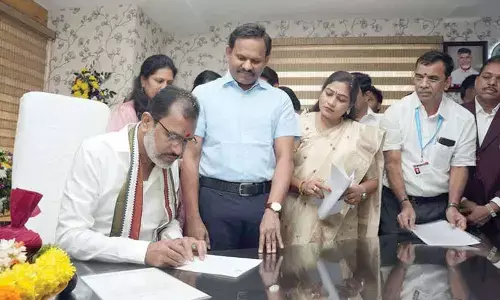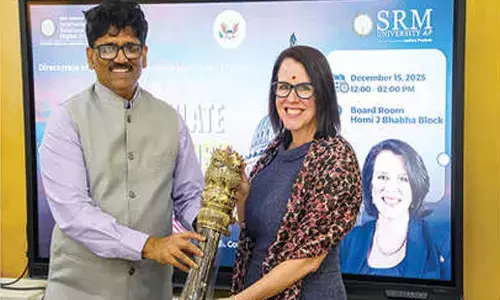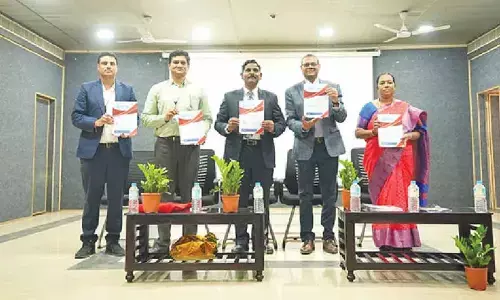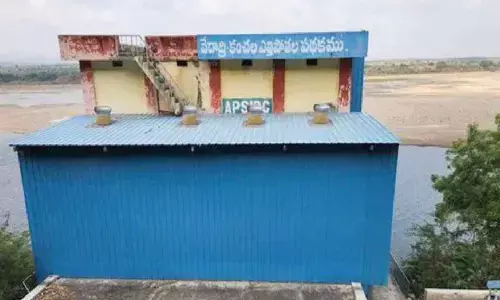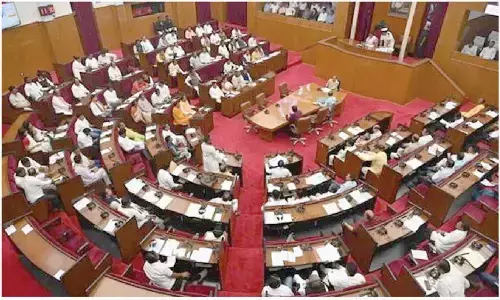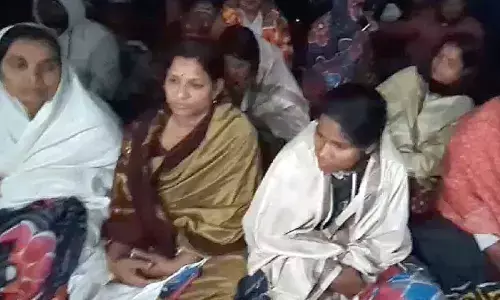Karnataka's High Court Asked The State to Allow 1% Reservation For Transgender Community To Public Corporations
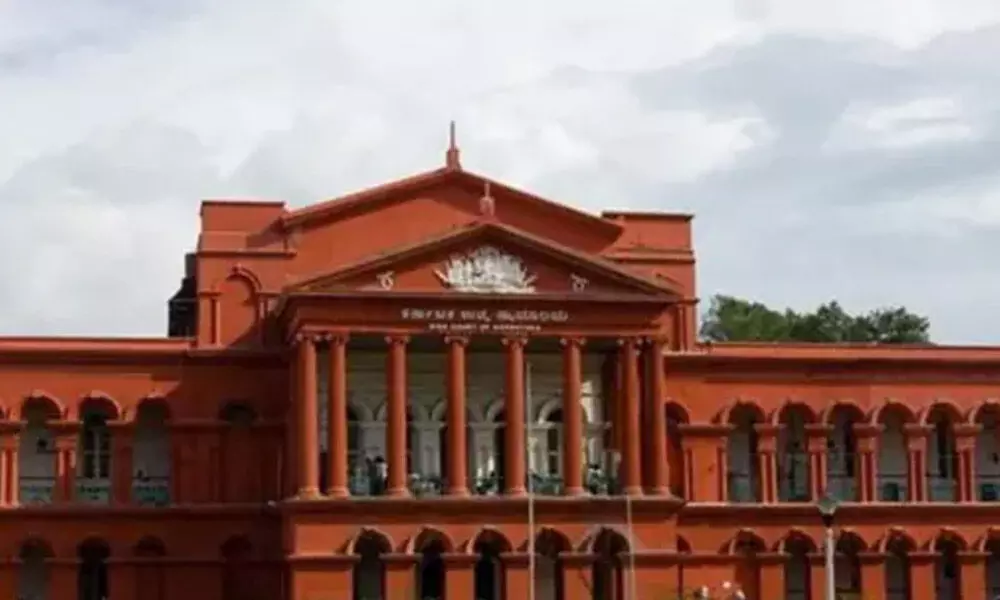
Karnataka High Court (File/Photo)
- Karnataka high court directed the state government to consider ordering all state-owned enterprises and statutory organisations to set aside 1% of their workforce for transgender people.
- The judges in consideration were Chief Justice Abhay Shreeniwas Oka and Justice N.S. Sanjay Gowda.
On Wednesday, August 18, a division bench of the Karnataka high court directed the state government to consider ordering all state-owned enterprises and statutory organisations to set aside 1% of their workforce for transgender people.
The judges in consideration were Chief Justice Abhay Shreeniwas Oka and Justice N.S. Sanjay Gowda.
The court issued its ruling on Wednesday after considering an Intervention Application (IA) filed by Sangama, a civil society organisation that seeks to improve the lives of sexual minorities, sex workers, and HIV-positive people.
According to the IA, a number of state government boards and businesses have their own recruiting policies that may not logically require the Karnataka Civil Services of General Recruitment Rules. As a result, a directive to all governmental boards and businesses to apply this 1% straight reservation will indeed assure that transgender people have access to public employment even in these public bodies.
However, Sangama was indeed party to the first litigation that resulted in the 1977 Rules being amended. The association had objected to the state's recruitment notice for police constables. There were no provisions for transgender candidates in this notice, which listed several qualifications solely for males and women.
This approach would expand on the state government's decision in July to give reservation for people from the transgender community in 1 percent of government posts. The action was made possible by a change to the Karnataka Civil Services under General Recruitment Rules, 1977, which made the state government the first in the country to implement it.
The modification established a new sub rule (1D) to Rule 9 of the pertinent legislation, that allowed transgender people to be given preference for each of the general, Scheduled Castes, Scheduled Tribes, and Other Backward Classes categories.
While the state administration has been granted six weeks to respond on the issue by the court.









